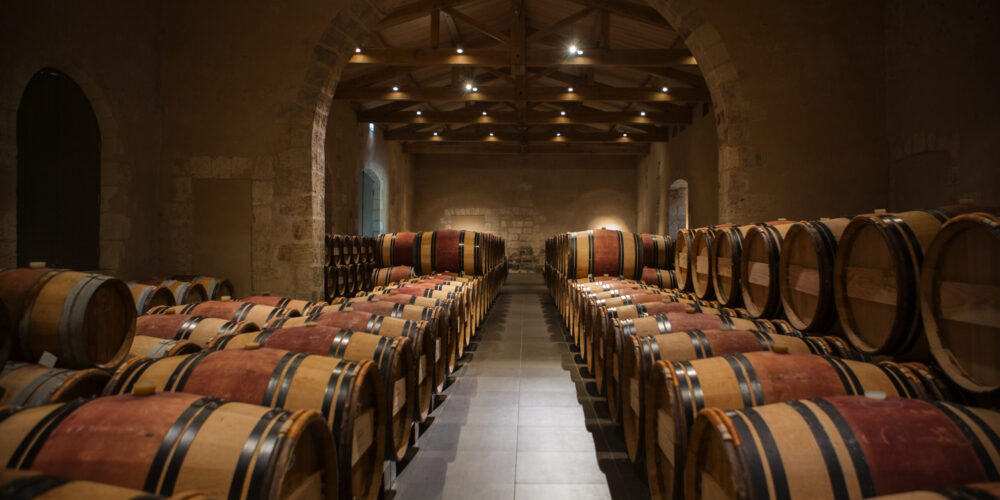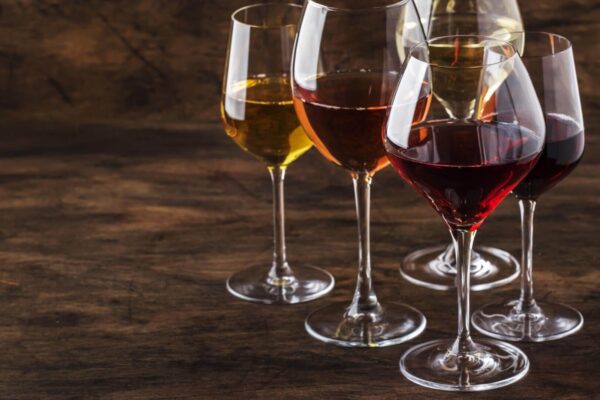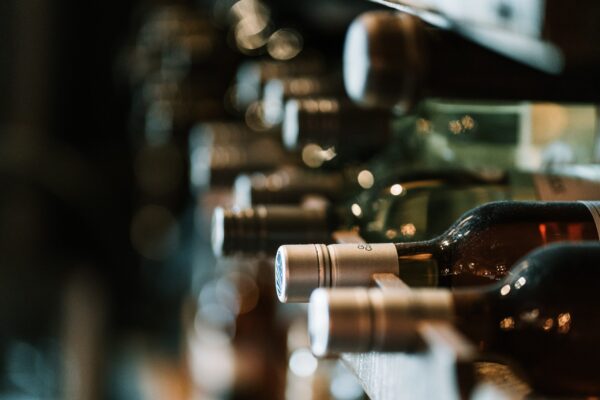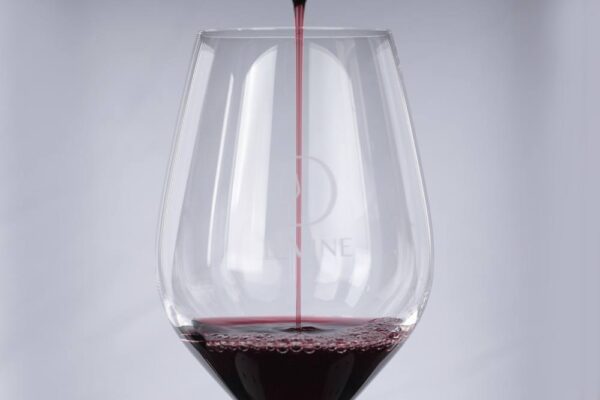Le vin est un produit extrêmement sensible. Pour qu’un vin soit de qualité lors du service, il faut lui apporter une attention toute particulière, et ce, tout au long de son cheminement. L’une des étapes clés, une fois le vin mis en bouteille, c’est la conservation. Le vin est une œuvre d’art et il se conserve comme telle. Comment conserver son vin dans les meilleures conditions ? On vous explique tout.
In darkness…
Light is an enemy of wine. While wine grapes benefit from the sun’s rays during growth, wines that have been bottled need to be kept out of light.
But why? Overexposure to light will alter the aromas of a wine. The aromas fade, the taste is altered and the wine may show a “taste of light”, particularly if it has been stored under neon lighting. This defect, which is more common in white wine than red, is a result of the glass used to make wine bottles.
The glass used for white wine bottles is generally not opaque, unlike that used for most red wine bottles. This means that the wine inside is more exposed to light and its effects. This is why many producers sell their bottles wrapped in tissue paper.
At a constant temperature…
The second fundamental factor for the perfect conservation of wine is temperature, which can sometimes be tricky to control. It is recommended to store wines at a temperature of 12°C to 13°C. If the storage temperature is too high, the wine will evolve quickly, which is not something you generally want.
Even more important, though, is avoiding temperature variation. A sudden change in temperature will result in a thermal shock which will drastically alter the wine. If a cellar is well insulated, changes in seasons won’t harm the wines as the change in outdoor temperature will be gradual.
… and in a humid location.
The last factor is one that tends be forgotten about or at least ignored – that’s humidity. Storing your wines in a humid place prevents their corks from drying out. If natural corks become dry, they allow wine to evaporate. This evaporation equates to a loss of aromas from the bottles being stored.
If the humidity is too high, it might cause damage to the labels on the bottles. However, humidity would need to be extremely high, and for a very long time, to have any effect on the wine inside the bottles.
Humidity of 70% to 80% is generally recommended to be ideal.
To learn more
So to conserve wine properly, there are three conditions to fulfil. But once a wine is ready to drink, how can you ensure the ideal conditions of tasting. Read our article The Three Steps of Tasting and learn to appreciate your wine in the perfect way.



